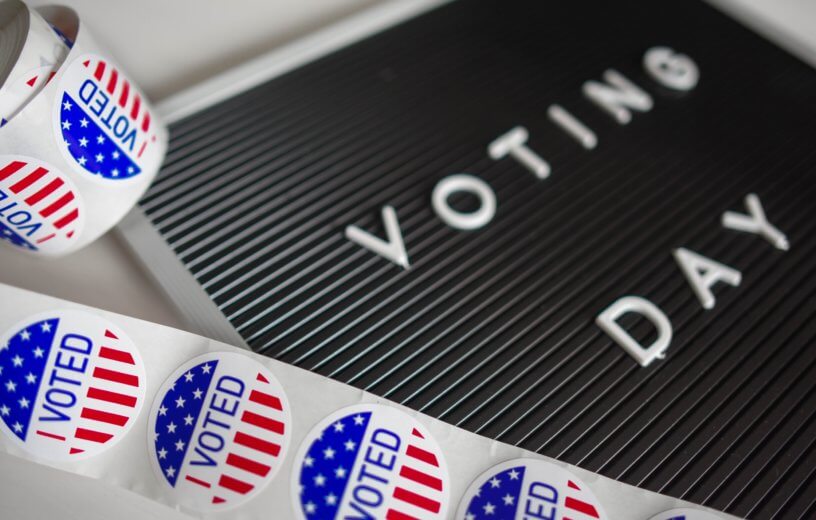AUCKLAND, New Zealand — You might feel strongly about certain public policies, but when a political leader you admire or the party you affiliate with sees things differently, there’s a good chance that so will you. A new study finds that voters’ internal, ingrained, pre-existing political opinions often change to align with their political party come Election Day.
“Partisanship is indeed a powerful force in shaping our own attitudes and preferences,” says lead researcher Nicole Satherley, of the University of Auckland, in a release by the Association for Psychological Science. “Our research shows that the positions taken by political leaders and political parties can have an important impact on peoples’ preferences, even on issues that are supposed to reflect personal preferences.”
Satherley and her research team reached their results in examining how voters in New Zealand altered their beliefs during a major political controversy earlier this decade. A 2015 referendum on changing the country’s flag led to a rigid divide along party lines for voters. The researchers used data from a longterm national study that polled voters on their positions before and after the flag referendum, in 2013 and 2016. Participants indicated whether or not they supported the changing the flag, or were unsure of their position, along with the degree to which they identified with their party’s positions.
The data showed participants shifted their opinions to better align with political party positions. Strong supporters of the country’s National Party were three times as likely to change their beliefs to favor a flag change, the study found. Similarly, strong supporters of the opposing Labour Party were also more likely to move towards a stance opposing a change. In all, About 30.5 percent of National Party voters and 27.5 percent of Labour Party voters changed their initial views to correspond with their respective party positions.
Researchers also found strong supporters whose beliefs already mirrored their party were less likely to change their opinions over time, compared to those considered lesser supporters of their respective party.
“Taken together, these findings suggest that heated debate over important, albeit seemingly non-partisan, issues can quickly become polarized along partisan lines and sway public opinion,” explains Satherley. “When considering political issues, members of the public should therefore be aware of this potential influence, and carefully consider whether politicians’ views and arguments truly align with their own opinions.”
Future research, the authors say, should focus on the motivation for a voter to change his or her beliefs. Could it be to strengthen their ties to the party and its leaders, or more so to simply fight against the opposition?
The study was published October 24, 2018 in the journal Psychological Science.
